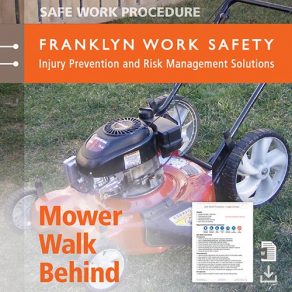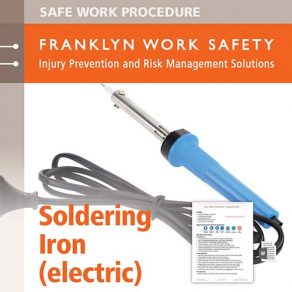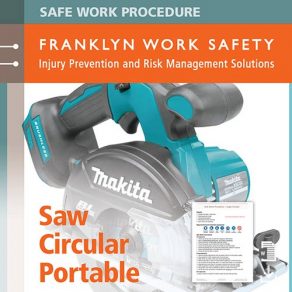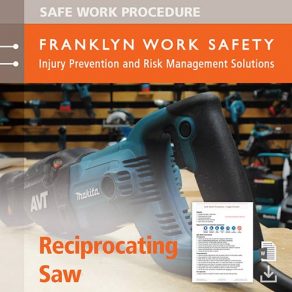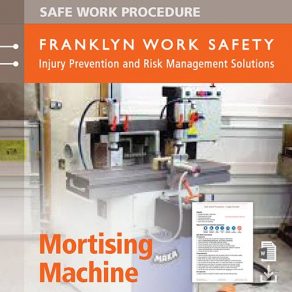Multi-tasking – flicking your attention between a couple of work projects, checking emails, keeping an eye on social media notifications and texts – it often seems essential, but is it the best way to work? There is a growing body of neuroscience and psychology research showing this kind of multi-tasking decreases productivity, makes you tired and places your body in stress mode.
Research shows that when we multi-task, we’re not actually simultaneously completing tasks, we’re just shifting our attention between them. Every time we switch tasks we use oxygenated glucose in the brain to perform that attention switch. The end result is we feel mentally fatigued more quickly than if we sustain attention on one thing.
Studies have shown that frequent switching between tasks can reduce productivity by as much as 40 percent compared to just finishing one task and moving on to the next.
Further, there is evidence that people who work for two hours without a break, are less productive than people who take a 15 minute break every two hours. The catch is, to get the benefit of “the breaks”, the break time must allow for mind-wandering, whether you’re walking, staring out the window or listening to music. Surfing social media (an activity nominated by many as a “break”) doesn’t achieve what’s needed.
3 Steps to increase productivity and decrease stress
- Consciously stop multitasking for large parts of the day. Set aside dedicated chunks of time for each separate activity (group social media notification checking into their own chunks).
- 25 minutes should be the minimum time you spend on a task prior to changing your attention. Less than this is linked to lower productivity, increased fatigue and stress.
- Have a genuine 15 minute break every two hours (ie. not checking notifications, texts or emails) – combine a walk into the break and you’ll also start combatting the problems of physical inactivity.
Article Sources
Multitasking, social media and distraction: Research review – 2013, Journalists Resource
Multitasking Damages Your Brain And Career, New Studies Suggest – 2014 Forbes.com
Who Multi-Tasks and Why? Multi-Tasking Ability, Perceived Multi-Tasking Ability, Impulsivity, and Sensation Seeking – 2013 PLOS One
12 Reasons to Stop Multitasking Now – 2016 news article on Health.com


